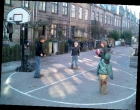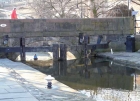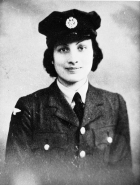Cross Curricular
History as a subject lends itself to developing meaningful links to a cross-curricular topic. Advice on achieving a robust and rigorous approach will be available in this section.
Sort by:
Date (Newest first) | Title A-Z
Show:
All |
Articles |
Podcasts |
Multipage Articles
-

A creative Egyptian project
ArticleClick to view -

In My View: Creativity & History
ArticleClick to view -

Planning with literacy
ArticleClick to view -

Integration and cross-curricularity: History, Humanities And Social Studies
ArticleClick to view -

The History around us: Local history
ArticleClick to view -

Using classic fiction to support the study of childhood in Victorian times
ArticleClick to view -

Hearts, Hamsters and Historic Education
ArticleClick to view -

Learning what a place does and what we do for it
ArticleClick to view -

History in the Urban Environment
ArticleClick to view -

Music and history combine at Key Stage 2
ArticleClick to view -

Drama and story telling
ArticleClick to view -

Cross Curricular Project on a famous person
ArticleClick to view -

Pride in place: What does historical geographical and social understanding look like?
ArticleClick to view -

What are the reasons for linking art and history?
ArticleClick to view -

Unpicking the learning potential in creative approaches to studying World War II
ArticleClick to view -

History through Drama, A Teachers' Guide - Revisited
ArticleClick to view -

Drama and history: a theory for learning
ArticleClick to view -

Means and Ends: History, Drama and Education for Life
ArticleClick to view -

Music in the History Curriculum
ArticleClick to view -

Using diaries to stimulate children's understanding of the past
ArticleClick to view

